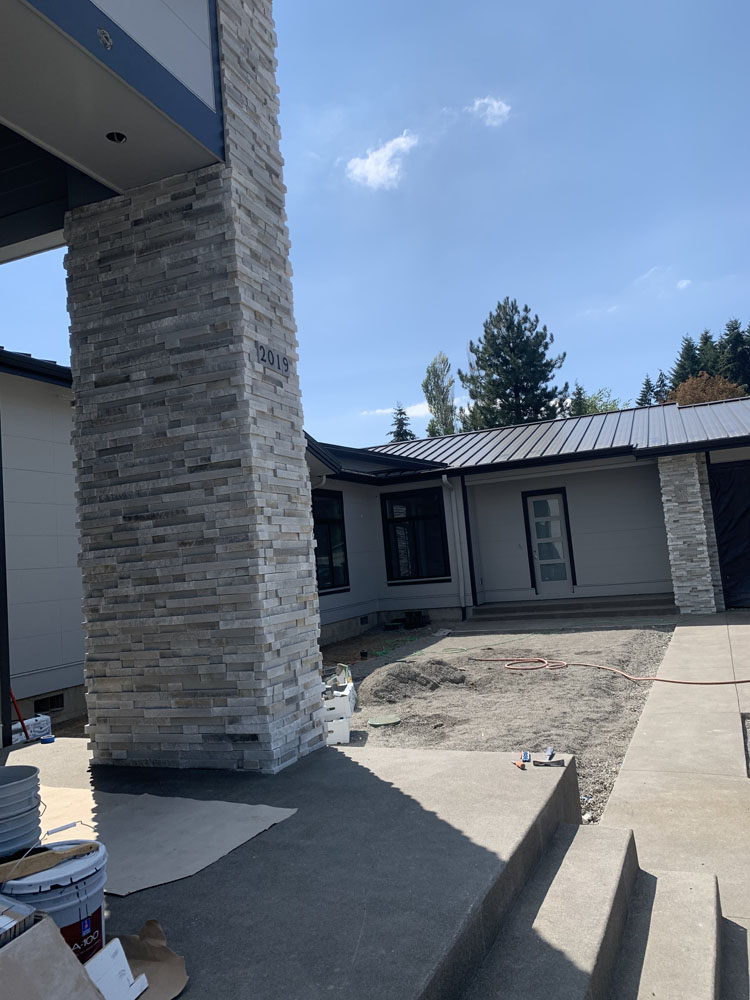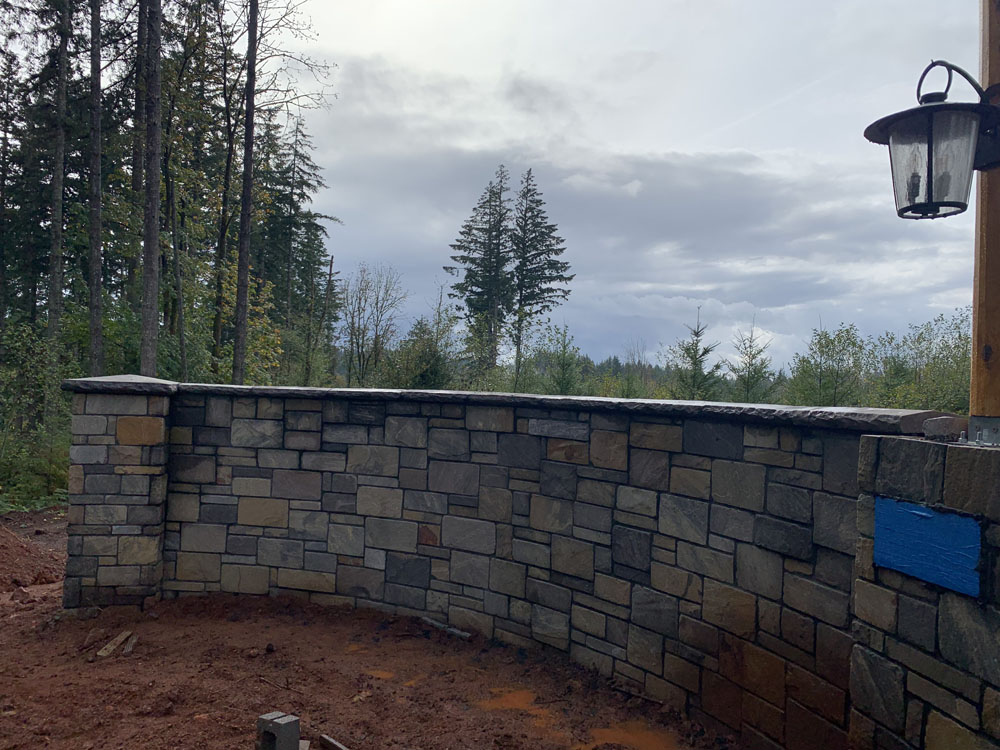Introduction
When it comes to repairs—be it your trusty old car, a leaky roof, or that pesky concrete crack in your driveway—understanding the pricing can feel like trying to decipher hieroglyphics. Prices vary not only from one contractor to another but also depend on several factors including materials, labor, and the scope of work involved. So how do you make sense of all this? Fear not; we’re here to break it down for you. This Concrete Contractor In Happy Valley Ramos Masonry Construction Company guide will delve into the nitty-gritty of repair costs, focusing particularly on concrete repairs, while throwing in a sprinkle of wit to keep things lively!
Making Sense of Pricing: Understanding Costs Involved in Repairs
Understanding the costs involved in repairs is as crucial as knowing how to fix things! It starts with a fundamental question: What are you paying for? In essence, repair pricing can be divided into three major components: materials, labor, and overhead costs. Let's unpack these one by one.
1. The Role of Materials in Repair Costs
1.1 Types of Materials Used
Materials play an enormous role in determining repair costs. For concrete repairs, various types of materials are used:
- Ready-Mix Concrete: A convenient option for larger projects. Concrete Patch: Ideal for small cracks and holes. Reinforcement Materials: Such as rebar for structural integrity.
Each material comes at different price points based on quality and availability.

1.2 Quality vs. Cost
You might think opting for cheaper materials will save you money—until they fail prematurely. Investing in high-quality materials often pays off long-term since they reduce the frequency of repairs.
2. Labor Costs: Who’s Doing the Work?
2.1 Skilled vs. Unskilled Labor
The cost associated with labor can fluctuate wildly depending on who’s doing the job:
- Skilled Labor: Professionals with certifications or special training often charge more but provide better workmanship. Unskilled Labor: May be cheaper but could lead to shoddy results that require additional repairs.
2.2 Time is Money!
Labor charges are usually calculated hourly or as a flat fee per job. If your project requires more time than anticipated due to unforeseen issues (like hidden water damage), expect your bill to soar!
3. Overhead Costs: What Else Goes Into Pricing?
Overhead costs encompass everything that doesn’t fall under materials or labor but still affects pricing:

- Insurance: Contractors need liability insurance. Licensing Fees: Compliance with local regulations ensures safety and legality. Transportation: Getting tools and materials to the job site adds up.
These hidden costs can significantly impact your final bill.
4. Scope of Work: How Big Is Your Project?
4.1 Assessing Project Size
Not all repair jobs are created equal! The scope can vary from simple crack filling to complete resurfacing:
- Minor Repairs: Small patches or fills may cost less than $100. Major Repairs: Full driveway replacement could set you back thousands!
Understanding what you're getting into helps set accurate budget expectations.
4.2 Complexity Matters!
A straightforward patch job is much easier than digging out a section for replacement—thus affecting time and labor costs.
5. Geographic Location: Where You Live Impacts Pricing
Did you know that where you live can influence repair costs? Urban areas often have higher labor rates due to increased demand compared to rural settings where competition might drive prices down.
FAQ Section
Q1: How much should I expect to pay for concrete repair?
The average cost typically ranges between $5-$10 per square foot depending on numerous factors like type and extent of damage.
Q2: Are there any DIY options available for small cracks?
Absolutely! There are many DIY kits available that include everything needed for minor concrete repairs.
Q3: Can I negotiate with contractors on their pricing?
Yes! Many contractors are open to negotiation, especially if you get multiple quotes.
Q4: What should I look out for when hiring a contractor?
Always check references, read reviews, and ensure they have proper licensing and insurance.
Q5: How long does concrete repair usually last?
With proper care and high-quality materials, repairs can last anywhere from 5-15 years.
Q6: Should I consider seasonal timing when planning my repairs?
Good question! Yes, it's best to avoid extreme weather conditions which might affect curing times.
Conclusion
In summary, making sense of pricing is key when navigating through the world of repairs—especially when dealing with concrete work! By understanding the breakdown between materials, labor, overhead costs, project scope, and even geographical factors, you'll be well-equipped to tackle those unexpected home improvement expenses head-on.
So next time you're faced with a repair dilemma or contemplating whether that crack deserves immediate attention—or perhaps just a little patchwork—you'll know precisely what goes into the pricing.
Remember folks—knowledge is power; don’t let those quirky costs catch you off guard! Happy repairing!